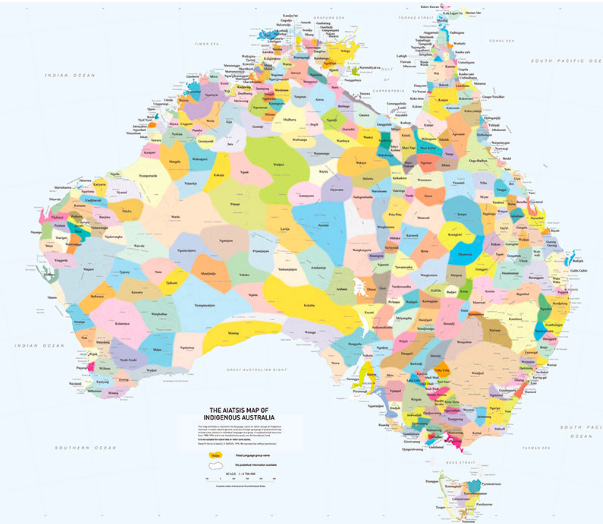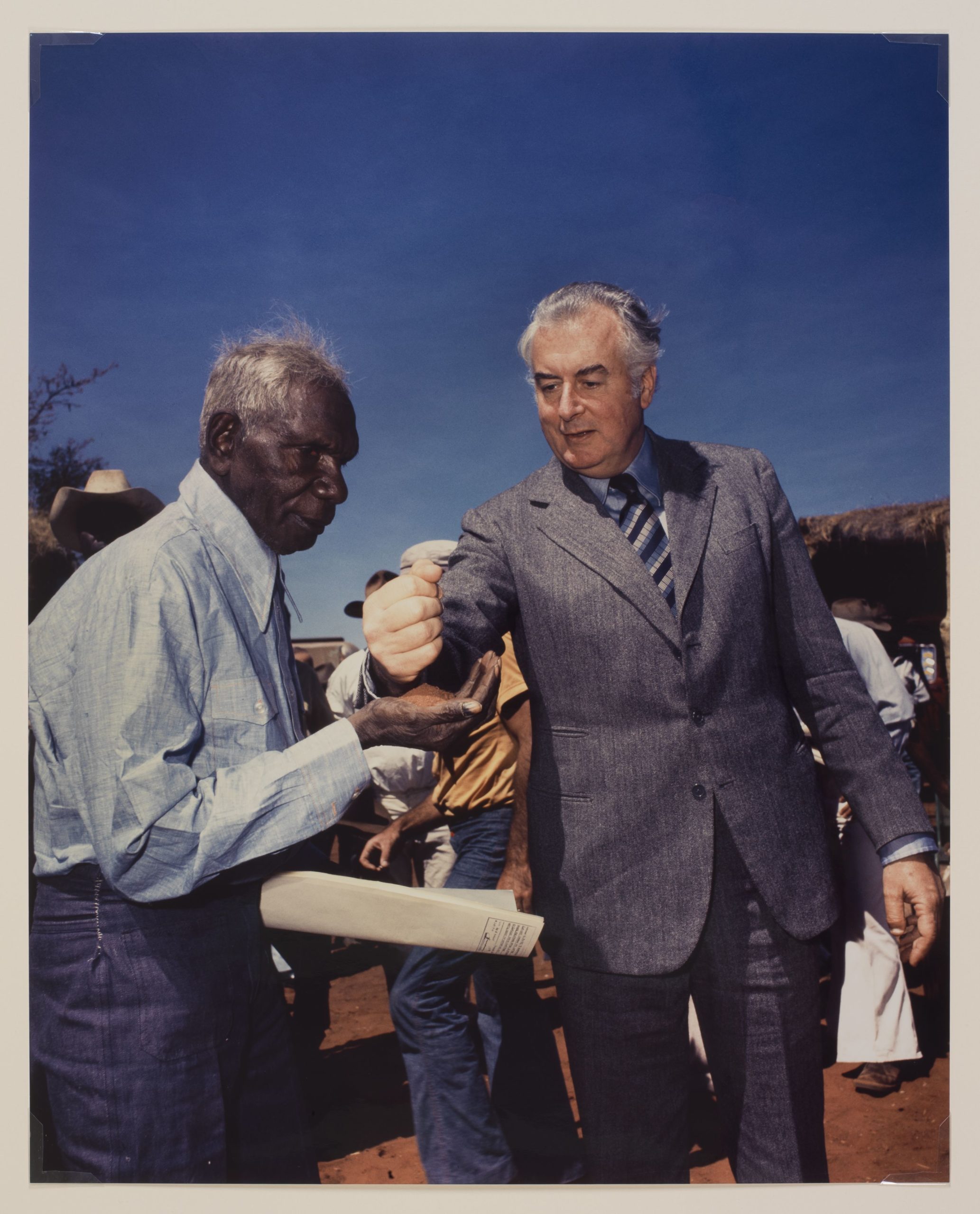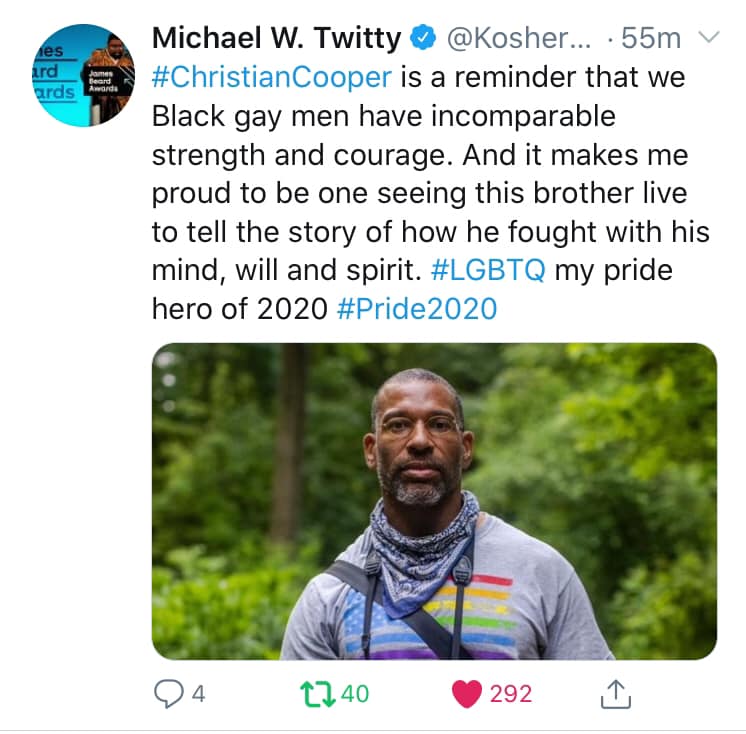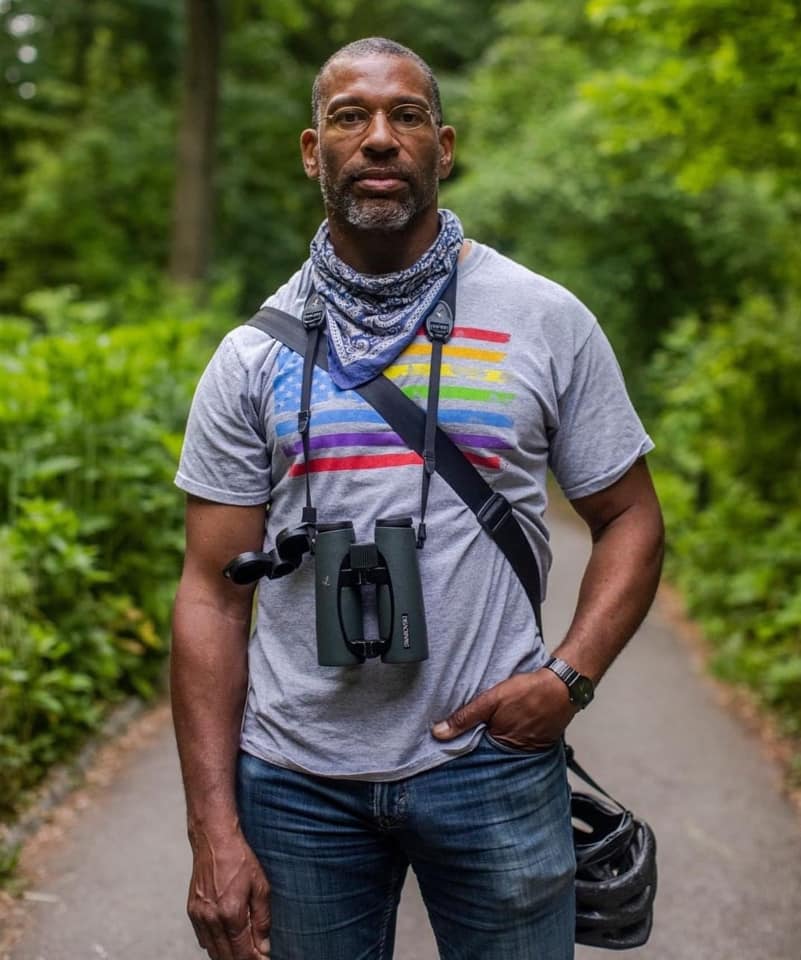A friend on fb mentioned that it’s tricky to get a handle on how words can be used in different ways in activist literature, and it’s even harder to negotiate this stuff when you’re trying to learn about a particular social justice topic with the goal of doing activist work. She made a really good point: if you want to be an ally you want to understand and use the definitions and language of the people you’re working with. You don’t want to impose your own beliefs.
This is the sort of thing I’ve taught undergraduates quite a few times, and it’s one of my favourite topics. How do you read and evaluate a source, when you have a political goal in mind? It’s a skill, and one we can learn. Anyhoo, here are some of my thoughts.
How To Read Stuff
When we do a literature review widely on a topic, we find lots of different opinions and ideas, and many of them clash. In fact, it’s also totally legit to change your ideas about words or topics over the years… or months or days… as you read more, and learn more. And the very best part is that new things are being written all the time. New ideas to stimulate your brain and get you excited about the world.
Asking Questions About The Text
Something that helps us evaluate each text (each book, article, post, etc), is to ask some questions about the text itself. This questions is also called ‘textual analysis’.
- Who is the author?
What is their gender? Their ethnicity? How do they identify themselves? Do they identify themselves? What else have they written? Are they associated with a particular institution (a university, a government department, a think tank)? - What is the context of this text?
Where did you find it? Is it a magazine article? A journal article? A book? A tv series? A film? A speech? When was it produced? - What ideology does it express?
What are the values it portrays? Does it respond to other ideologies? Is it feminist? Activist? Racist? Does the author say things like ‘I position myself within Black radical feminism?’ - What other texts and authors does it reference?
Does it say good things about Martin Luther King? Does it talk about Stuart Hall? Are its references all white? All male? All straight? - Does it drop any jargon?
Does it use words that have particular meanings, eg ‘Black’; ‘gender’; patriarchy’; the ‘establishment’; ‘rational thought’?
All these words are used in different ways by different discourses and ideologies.
Go In With A Goal
There is a lot of fun stuff to read and watch and listen to. But it helps to stay on track. Ask yourself:
What do you want to learn?
What are your goals?
Discourse: The Relationships Between Texts, And Sharing Ideas
In my area (of cultural studies), the word ‘discourse’ means ‘all the words and articles and tv shows and songs and stories on a topic’. So when we talk about the discourse of ‘Blackness’, there are a trillion different texts involved. Some of them agree, a lot of them don’t. And we will argue a lot about what is relevant.
Academic discourse encourages disagreement or critical discussion. It’s common for a specific journal to have an author publish an article, then someone else publish a response article in the next issue. There are famous fights between authors that have led to screaming matches at conferences. But there have also been excellent discussions where authors have gone on to work together and do great work that changes the world.
Now, this friend was referring to two different texts, and was wondering how to read these two different ideas when they seemed to be very different. I think this is a brilliant question. It’s the core of critical thinking, I reckon. So I had a go at answering. The next section of this post uses some close textual analysis to see what each text is saying, and how we might read them together to develop our own ideas about this topic.
Ideology: The Ideas That Explain The Connections Between Texts
The next useful term is ‘ideology’. Ideology is, basically ‘ideas about the world’ and there are lots of competing and contrasting ideologies at work in any one discourse. So in this ‘Blackness’ discourse, we can see the queer Black American masculinity of DeFrantz’s ideology, but also the feminist Latina ideology at work. They have common elements (they both talk about gender, about ethnicity, and about race), but in different countries and cultures. If the two authors met at a party, they’d probably have a lot to talk about and agree on.
How can both these articles be ‘true’ at the same time?
Let’s do some textual analysis.
The articles we’re looking at are:
- Collaborator Sally, Black or Afro-descendant?, 21 April 2014.
- Thomas DeFrantz, Dancing Many Drums
Excavations in African American Dance, November 2001.
- Who is the author?
Tommy DeFrantz is an American man who identifies as black and gay.
In the second piece you’ve referenced, the author is ‘Collaborator Sally’, and we can’t find out much more about them than that.
If you do a search for DeFrantz’ work (in academic publishing, youtube videos, etc), you’ll find a bunch of articles, books, videos and so on. And you’ll discover he’s a university-based academic, working at a very prestigious American university.
This doesn’t mean that DeFrantz is a ‘better’ source than Collaborator Sally, but it does mean that we know _more_ about him. And his position as a peer-reviewed author means that his work has been interrogated and discussed and thought about by a lot of people. - What is the context?
The DeFrantz text is a section in a book, published by DeFrantz. The second is a post/article in a Spanish language magazine that has a range of articles discussing gender, politics, and ethnicity. One is written in English, the other in Spanish.
Neither is more important or more valuable than the other, but they are writing for different audiences. While they’re both talking about the African diaspora, one is talking about being a Black man in America today (and during slavery), and the other about being a Black woman in Latin America today. - Which is ‘true’?
It’s a trick question. Both definitions of ‘Black’ can be true at the same time. For a Latin-American woman the word ‘Black’ can be something she reclaims from negative use in her country/region. For DeFrantz, ‘Black’ is a word he uses with other Black folk, often in a casual setting.
The supercool thing about this, is that they both understand that words are tricky, and don’t have fixed meanings.
This idea has its roots in cultural studies: the idea that words are just sounds or marks on a page, until someone reads them and interprets them. The _way_ we use them is informed by who we are. So as a white, middle class Australian woman, I don’t feel any ownership (or right to ownership) of the word ‘Black’. For authors like DeFrantz, ‘Black’ is a powerful word for identity and culture, and when he uses it, he’s saying something about who he is, and the culture he belongs to.
So what do we do with this analysis?
Ideas or Practice?
Some academic discourse is all about theory. Some is more practical. For example, I tend to think of myself as a ‘pragmatic feminist’, a term I borrowed from Nancy Fraser. She argued in one of her books that ‘women’s studies’ as a discipline has no value if it doesn’t involve practical activism – feminism. So, for me, ‘doing feminism’ is about doing political activism. And in this case, doing what I can to improve the world for people who are marginalised. As Maya Angelou once famously told a bunch of graduates: now that you are empowered, you have a responsibility to empower others.
You can see in that last paragraph how I took the ideas of two different feminists (one Black and one white, both women, both American and writing in the 80s) to develop my own political ideas. My choosing these two tells you something about me – my age, my background, etc.
I found Tommy DeFrantz’ work very inspiring when I wrote my PhD on dance. Who he is as a person was important to this.
I met him at a conference, and speaking to him was extra inspiring: he’s a dancer. He wanted to go out to dance and to hang out and socialise. He didn’t mind that I was just a student and he a visiting scholar. He was a gentle, clever man with a great sense of humour. And the things he said in his paper about Afro-futurism and film and dance were exciting. I’m not a Black, gay, American man, but I can find his ideas and ways of thinking useful and exciting.
Back to the original point: how can I use the different definitions of ‘Black’ in my practice, as an activist, and an ally?
The word ‘praxis’ is a combination of this thinking and ideology and actual practical work.
What is Black?
The nice thing about all this is that the word ‘Black’ can be used in lots of different ways.
It can be a powerful political and ideological tool. eg in Australia, Black or Blak is a political and cultural way of talking about being Aboriginal or Torres Strait Islander. It can involve ethnicity (ie culture and identity – who you are, what you wear, the language you speak, the way you were raised, your beliefs, the food you eat, etc), politics (who you identify as and with as a citizen, whether you engage in activism or political action, etc), etc. Lots more than just skin colour.
I read a really nice article the other day where a Samoan woman was explaining to her son that he wasn’t ‘part Samoan’; he _was Samoan_. I’ve also heard Aboriginal and Torres Strait Islander people say the same thing: you’re not part Aboriginal, you _are_ Aboriginal. You _are_ Blac(k).
This is very powerful and important because white colonial powers spend a lot of time and energy dividing people of colour into groups, and then trying to ‘breed out’ the blackness. Racism is about believing one ‘race’ is better than another. White supremacy is about believing that whiteness and white culture is better.
In Australian history, ‘integration’ policies were about ‘breeding out’ blackness. Children with lighter skin were taken from their Black parents and fostered with white people, while their darker skin siblings were not (there is a great film called Sapphires which has the most touching, wonderful scene at the end where a girl is reminded of this by her grandmother). This ‘Stolen Generations’ of Australia is an example of how white governments tried to break Black culture by removing Black children from Black parents and ‘making them white’.
The phrase “I’m Black and I’m proud!” in 1960s civil rights discourse is a good example of how identifying as Black can be empowering. This reclaiming of a word is a bit like saying ‘queer’ in the queer community in the 80s. A term of insult becomes a shout of pride:
“Yes I am Gay! And it’s beautiful!”
“YES, I am BLACK, and I am PROUD of that, not ashamed!”
- Collaborator Sally, Black or Afro-descendant?, 21 April 2014.
- Thomas DeFrantz, Dancing Many Drums
Excavations in African American Dance, November 2001. - DeFrantz, Thomas. “Believe the Hype!: Hype Williams and Afro-Futurist Filmmaking.”
Unpublished paper. Spectacle, Rhythm and Eschatology: A Symposium.
University of Melbourne, Melbourne, 24th July 2003.




